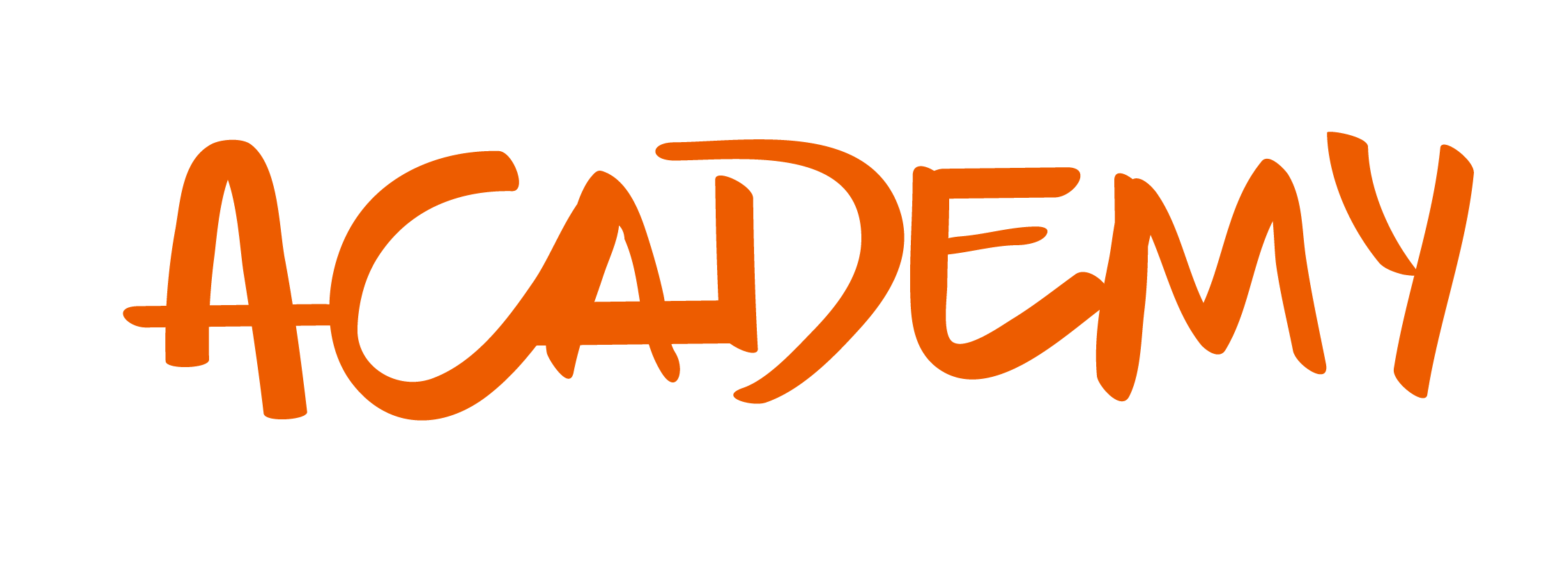HR is one of the most important departments in any company. The HR manager has to deal with a lot of time-consuming and repetitive tasks which can negatively affect productivity. In this post, we’ll explore the role of HR and how AI-powered software can help automate tasks and improve efficiency in HR teams.
What do HR teams do?
Maximize ROI
What do HR teams do? Their primary responsibility is to maximize the return on investment for an organization’s employees. They do this by fostering a culture of empathy and communication, motivating employees, and encouraging effective leadership. They also deal with potential problems, such as lost creativity, task allocation, productivity, and resources. For example, a poorly run HR department can mean wasted money and time. As such, it is essential to have a well-run HR department and an effective management system.
Perks & paperwork
In addition to recruiting employees, HR teams are responsible for coordinating and tracking internal benefits programs and employee incentives. They also handle paperwork and payroll and ensure that employees receive proper training. They also manage health and safety procedures, which may include healthcare insurance and procurement of service providers. As you can see, HR teams perform many essential functions for an organization. Listed below are some examples of the types of jobs they perform. HR teams, like others in an organization, work to KPIs and performance management metrics. They may also conduct external research into business processes and set benchmarks.
Recruitment and selection
Recruitment and selection are key functions of the HR department, and they are a key player in all parts of the recruitment life cycle. This team is responsible for advertising jobs, screening candidate compatibility, and coordinating meetings with senior management. They also help employees with travel arrangements. They also promote existing employees and move them into vacant positions. The HR department also assists with remuneration and benefits and can help company cost savings by training existing employees for leadership positions. This is a vital function in any organization, but it is important to make sure that your team is adequately staffed and that they have the right skills and experience.
Communication and regulation
The role of HR in an organization is broad and it has a large number of functions. They coordinate with various departments and help new employees adjust to the new work environment. They also help employees develop their skills and maintain good health. They also monitor the organization’s compliance with government regulations and provide information to employees about the organization’s policies and best practices. They are also the front line in addressing employee concerns and mediating disputes. It is imperative that these professionals do a good job in all these areas.
The HR team should focus on the key human resources functions of the organization. For example, they may focus on recruitment and on training. Alternatively, they may focus on monetary transactions, compliance, employee relations, and other functions. Typically, the HR team will work on the most critical areas of the organization. So, the HR team should have the best resources available to support these functions. Additional resources may be required in larger organizations and their subsidiaries such as dedicated teams within the HR department for c. The most important role of HR is to promote organizational excellence.
Health & safety
The HR team is responsible for the health of the company’s personnel. The team must oversee workplace safety by setting policies and providing the appropriate tools to ensure employee health and safety. Furthermore, the HR team is responsible for risk management. Its main goal is to manage risk and ensure the success of the organization. It can also be helpful to provide guidance for management. If a manager is unsure of the rules, he can ask HR to provide management training.
Employee engagement
Another role of HR teams is to educate the management team on how to get the most out of their team during the working day. They should ensure that employees are engaged and happy at work. Social activities, such as employee appreciation and recognition, were traditionally a way to engage employees. Nowadays, HR staff also need to train line managers on employee morale and other issues related to their wellbeing. And of course, they play an essential part in setting up their organization for remote working following the Covid-19 pandemic. For many organizations, this was the first time they needed to adapt to remote working and had to usher in sweeping amendments to the typical working day. They must also play the role of the voice of employees in management discussions. Additionally, HR must offer resources and opportunities for the development of employees. Mentoring and training programs are also within HR’s remit.
How to automate HR procedures
While most of the process of HR onboarding is automated, there are still a few manual steps that still need to be performed by humans. For example, an employee’s id must be verified in several systems before they can be assigned to a role. Then, the employee’s data must be synchronized across multiple systems to create a new user account, IT equipment, email address, etc. Consequently, the process requires robust data integration and an easy-to-use interface for the end-user. An RPA solution can automate these processes from creating a new email address to submitting employment paperwork to generating an employment letter inviting applicants.
Automation can speed up the recruitment process, and reduce onboarding timeframes. As a result, organizations can realize immediate ROI by integrating the right tools into their HR business processes.
Using AI-powered software to automate procedures
The right AI solution will automate multiple processes in the HR department. The first step in automating HR processes is assessing the requirements of the business. Depending on your industry, it is imperative to identify which areas of HR need to be optimized for automation. Ultimately, there are several different types of RPA solutions available. Some of them specialize in certain fields and are more difficult to integrate into existing IT infrastructures.
How automation helps team members
Automated HR processes are the best way to streamline processes and eliminate human error. In addition to eliminating human errors, automation also helps in teamwork and communication. By streamlining processes, you’ll reduce the need for manual intervention, ensuring operational efficiency is maintained. And as a bonus, it’s easy to get all the information you need, allowing you to make the best use of your resources.
Using software to automate HR processes will help you improve operational efficiency and increase employee satisfaction. By automating HR tasks, you can focus on other aspects of the business, such as managing employees. This will lead to improved productivity and a happier workforce. The benefits are numerous and you will reap the benefits long-term. So make sure to check out the features and capabilities of your HR software. You’ll be happy you did.
HR automation can boost employee productivity. In-house staff members can focus on more important tasks, while a robot can handle repetitive work. In addition to enhancing productivity, the automation of human resources can cut down on the time and cost spent on human resource planning. If you implement the right HR system, you’ll see the benefits immediately. In short, the more efficient your HR department is, the more you’ll benefit from the efficiency of your entire business.
Automating HR processes is a great way to improve operational efficiency. For example, a human employee may be drowned in administrative tasks and forget to check in with the employer. By using an automated HR system, the HR team can focus on the most important issues. For example, an automated self-service solution can send continuous performance feedback to all employees. This will ensure that employees feel happy. That means your employees will have a better experience working for you.
Automation also facilitates information sharing. When a person has access to information, the system will automatically grant them that access. For example, a new employee may need access to a central database. An HR automation solution will help the HR team streamline these processes. It will also be easier for new employees to access other applications. It will be possible to allow them to request access through the automated system.
What are the main benefits of HR automation?
The process of HR automation can have several benefits. Many organizations still manually update employee records, especially those with multiple entities around the world. It can also save time and limit mistakes. The most obvious benefit to process automation and consolidation is increased efficiency, and many companies have reaped these benefits by implementing automated systems. Other benefits include better employee engagement, reduced risk of errors, and a faster pace of decision-making.
Better employee servicing
Firstly, automated systems can help human workers focus on more strategic work. They can spend more time analyzing issues in the company and not on paperwork. As a result, they can focus on providing better service to employees. For example, HR chatbots can assist with employees’ queries and provide them with valuable information. As a result, they can also save HR teams a great deal of time and allow them to focus on strategic business aspects.
Improved accuracy
Another advantage of HR automation is greater accuracy. Without an automated system, HR managers can’t access accurate information pertaining to employee compensation or worker’s compensation claims. Additionally, automated HR systems can make manual processes easier. For example, a payroll manager can enter employee data into an automated system and save hours of time. In addition, employees can focus on more strategic tasks. In addition to making tasks easier, automated systems also improve accuracy.
Centralized information
Moreover, automation is cost-effective and ensures consistency. With a comprehensive solution, HR teams can access personnel files more quickly and centrally. Instead of endless emails asking for status updates, they can now access and review personnel files easily, allowing them to complete tasks faster and more efficiently. As a result, employees can feel more comfortable with the process. As a result, HR departments can be more productive and can save money.
Automating HR procedures can save time and money. A study by Kienbaum found that 39% of HR workers spent their time on administrative tasks. With a fully automated system, HR managers will be able to invest that time in better ways, such as analyzing data and evaluating performance and business forecasting. Further, HR automation can help companies with employee retention. One of the most important things to consider is the ROI.
Reduced expenditure
The benefits of HR automation are numerous. It eliminates human errors and menial tasks. It also reduces operational costs. Not only will automation save employees’ time and money, but it will also save companies money. Furthermore, it integrates employee data with other data in the business and reduces the storage space. Further, the benefits of HR software are clear. Its goal is to help businesses achieve a more efficient work environment and create a more efficient workforce.
Automating HR processes can reduce the time and energy of full-time HR employees. It will also allow employers to increase the efficiency of their employees. The automation process will also improve retention, and HR departments will be able to focus on other activities. It will help them retain their best employees. A company will have more time and money to spend on other areas of business. This will also reduce the risk of turnover and keep their employees happy.
Automating HR procedures will decrease the risk of errors and increase productivity. The automated processes will also free up valuable HR staff’s time. These benefits can translate to a more engaged and satisfied workforce. Aside from reducing man-hours, HR automation will improve the employee experience. By eliminating manual, redundant tasks, an automated process will save you time and money. It will also simplify your data entry.
Data & Workflows
Not only does automating HR procedures boost productivity and efficiency, but it also allows for improved data security as well as data-driven decision-making. The automation of HR processes for the protection of intellectual property as well as tracking data. This data can then be used to design and optimize workflows through agile methodology. In addition to minimizing human errors, automation will also enhance data security. This means that organizations will be able to get more useful data.
Summary
HR teams fulfill an essential function in any type of organization, big or small. However, traditionally, HR is full of administrative tasks that take up time and remove team members away from more profitable activities. Through COR, the business can centralize and automate its HR procedures, freeing up the HR team to work on tasks that have a greater impact on profitability. The app allows teams to create templates, allowing for workflow enhancement, as well as validation of new processes and procedures with minimal additional information being required.














